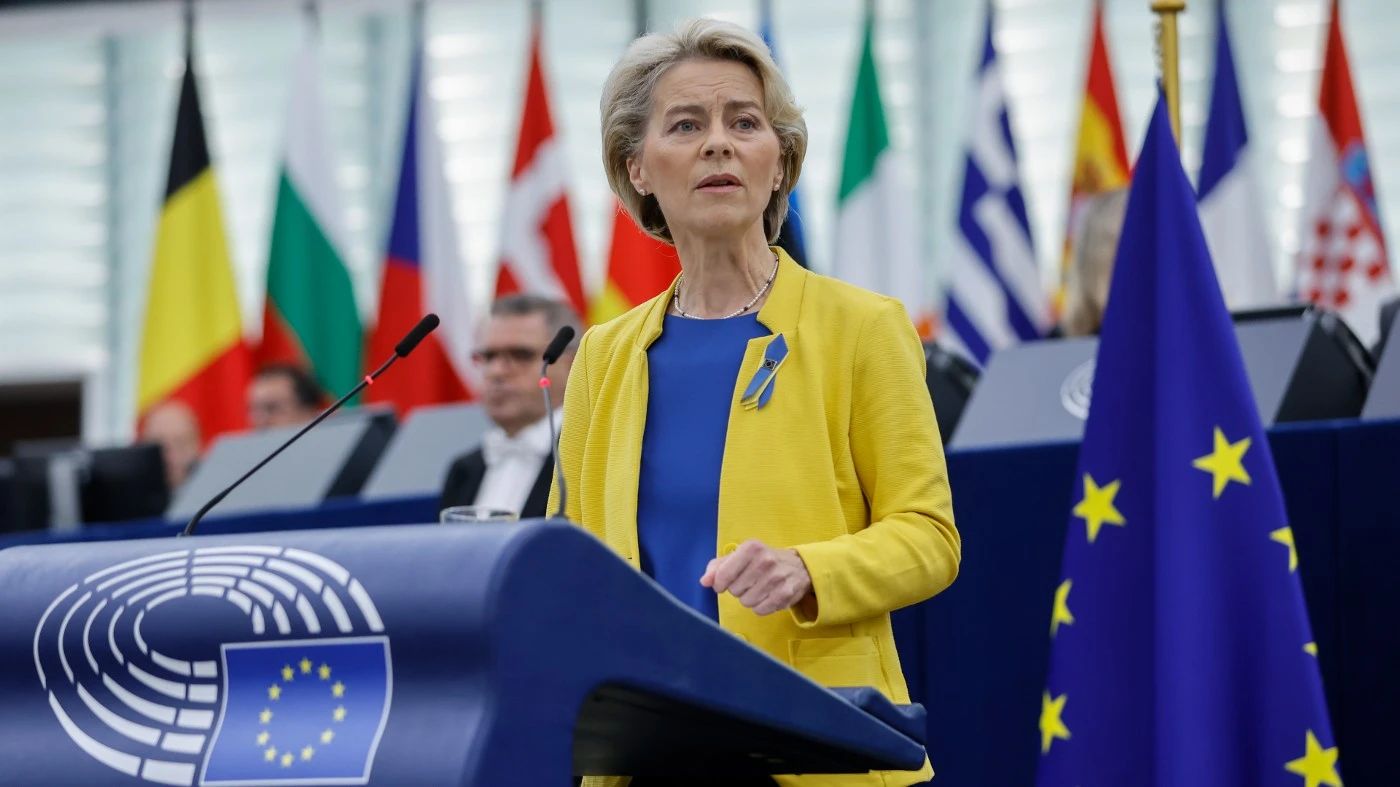Posted on: November 3, 2022, 09:52h.
Last updated on: November 3, 2022, 11:41h.
The European Commission (EC) has wrapped up a review of how countries’ gaming operations under its umbrella are managing anti-money laundering (AML) controls. The results aren’t good for the online gaming segment, which could soon become tighter than it already is.

The EC has raised the money laundering threat it assigns to online gaming, giving it the highest threat level possible. As a result, it has requested countries and operators lower thresholds of due diligence checks to put the segment back on the right path.
At the same time that the online segment is slipping, the land-based segment is improving. The EC review found that it’s performing better than ever.
iGaming Faces Crackdown
Following previous financial laundering and terrorist financing risk assessments in 2017 and 2019, the EC decided it was time for another one this year. It paid particular attention to the gaming industry as it undergoes rapid changes.
When it wrapped up its report, the EC gave online gaming a “very high” risk in terms of AML weaknesses. It found the segment especially vulnerable because of the use of cryptocurrencies, despite these not having a legal foundation in a number of countries.
[The] exposure to money laundering risks in online gambling is still rather high, as it encompasses significant factors such as the non-face-to-face element, huge and complex volumes of transactions, and financial flows,” explained the EC.
The assessment of the risk from land-based casinos has seen significant improvements. The EC determined that the land-based casino segment, since adopting the European Union’s AML and counter-terrorism financing (CTF) policies, improved the vertical’s risk rating to “medium” from “very high.”
According to the assessment, the greatest risk in the vertical came from the infiltration of casino staff members involved in money laundering schemes. At the same time, casinos owned by the government or public companies are less at risk. Still, land-based casinos retained a higher threat level as a “moderately significant” target for criminal activity.
The EU added that law enforcement agencies continue to identify weaknesses in the retail segment. This is an indicator that either some regulators aren’t properly applying the rules, or that some operators aren’t properly following them.
The risk levels for poker and retail betting remain high while the risk level of lotteries, gaming machines, and other non-casino gambling is medium. Bingo had the lowest risk level in the assessment.
Time for Another Overhaul
The mixed results between the two segments show that there have been some improvements. Although self-regulation has been successful in some markets, the commission stated that authorities must provide more clarity to the industry.
Malta fell on the Financial Action Task Force’s (FATF) greylist last year over AML concerns. The FATF removed it this year, but Gibraltar was added at around the same time.
Both have long been hubs for gaming operations. However, their approaches – like that of other jurisdictions in Europe – are very distinct. This creates confusion for operators.
The EC asserted that many operators don’t believe they get the necessary guidance from financial and gaming regulators they need in order to ensure compliance. This could eventually lead to a wide push for unified, Europewide regulations, something the EU and some member states are already requesting.
In its report, the EC offered several suggestions to its members in order to make improvements. It stated that they should lower the winnings threshold, subject to proper customer due diligence policies, to below the current level of €2,000 (US$1,955). In addition, it wants operators, with the assistance of their respective jurisdictional regulators, to ensure users can’t create multiple accounts.
The latter recommendation is something that’s already in the works in Europe. The UK Gambling Commission is leading the charge and is ready to introduce a “single customer view” across all operators’ platforms in the country.
